Publications
Articles, publications, books, tools and multimedia features from the U.S. Institute of Peace provide the latest news, analysis, research findings, practitioner guides and reports, all related to the conflict zones and issues that are at the center of the Institute’s work to prevent and reduce violent conflict.

Nancy Lindborg on the Women Building Peace Award Finalists
Women are often overlooked and underappreciated in peace processes. But USIP President and CEO Nancy Lindborg says the inaugural Women Building Peace Award will shine a light on women who have “dedicated their lives to doing the kind of work that reduces conflict and resolves violence, often in some of the toughest countries around the world.”
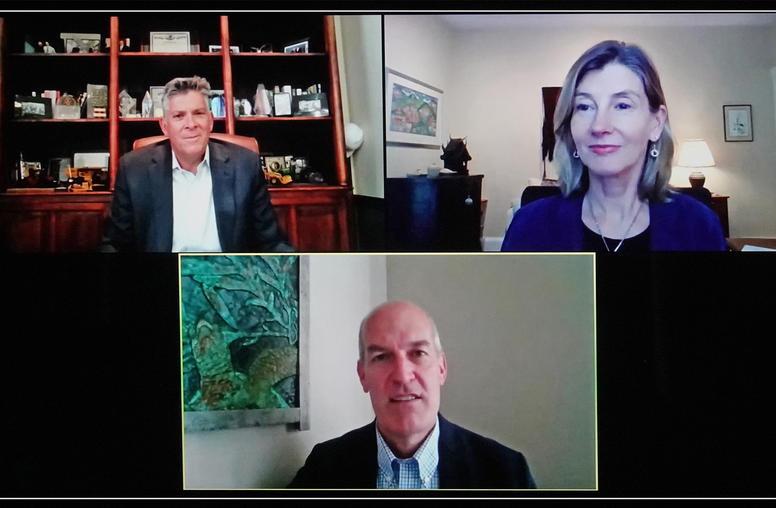
Partisan Lines Fade in Congress on China, Panel Chiefs Say
Bipartisan sentiment toward China has hardened over the past year in Congress, scrambling ideological lines as concerns grow more acute over democracy, trade, human rights, and national security, the co-chairs of the House U.S.-China Working Group said.

Andrew Wilder on the Latest from Afghanistan
After decades of conflict, Afghanistan is closer to a political settlement than ever before. But with new reports of Russian bounties on U.S. soldiers, USIP’s Andrew Wilder says there’s concern the issue “distracts from the bigger-picture need for the U.S. to continue to support the peace process.”
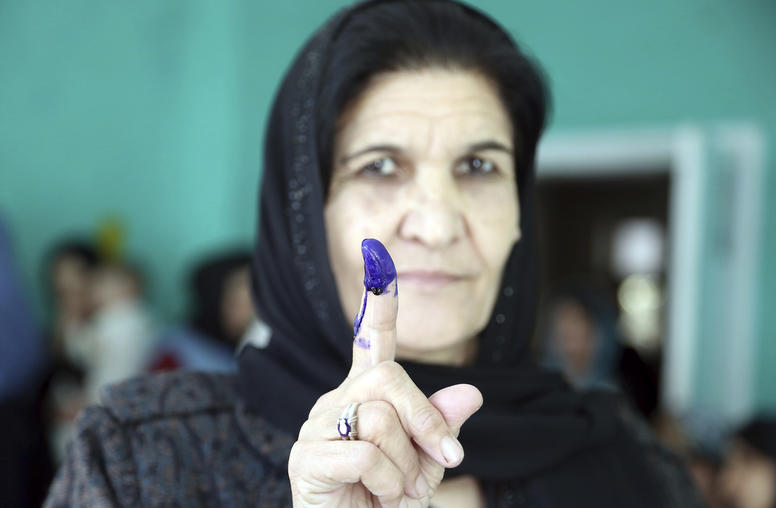
Legislature and Legislative Elections in Afghanistan: An Analysis
Afghanistan’s newest Wolesi Jirga—the lower house of the National Assembly—boasts a younger and more educated membership than those elected in either 2005 or 2010. Its representativeness, however, is uneven and problematic. This report offers a comparative profile of the Wolesi Jirgas elected in 2005, 2010, and 2018, highlighting issues salient to the reforms Afghanistan needs to undertake if it is to hold credible national elections that yield truly representative elected institutions.
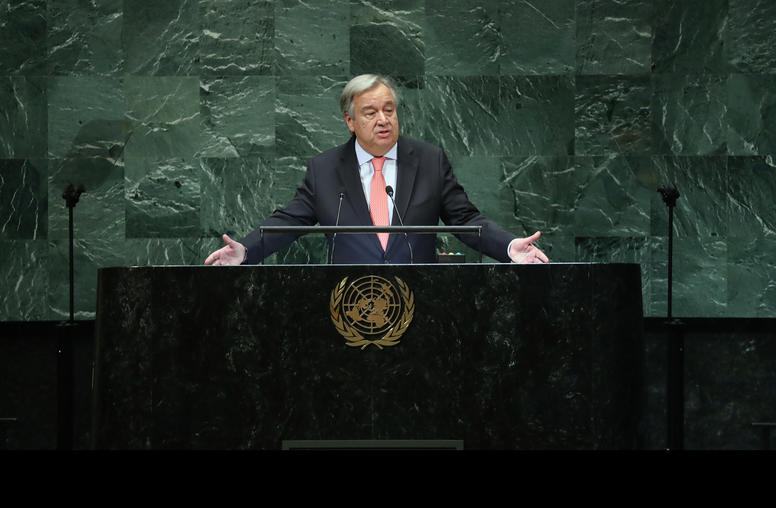
U.N. Finally Endorses a COVID Cease-fire: Will it Make a Difference?
After months of negotiation and diplomatic wrangling, the U.N. Security Council (UNSC) on July 1 unanimously adopted resolution 2532, endorsing U.N. Secretary-General Guterres’ late March call for a global cease-fire. Diplomats in New York hailed the resolution as an overdue win for multilateralism, while Pope Francis called for the resolution to be implemented “effectively and promptly.” Coming months after the secretary-general’s original cease-fire call and the global spread of the pandemic, will the resolution help bring peace?
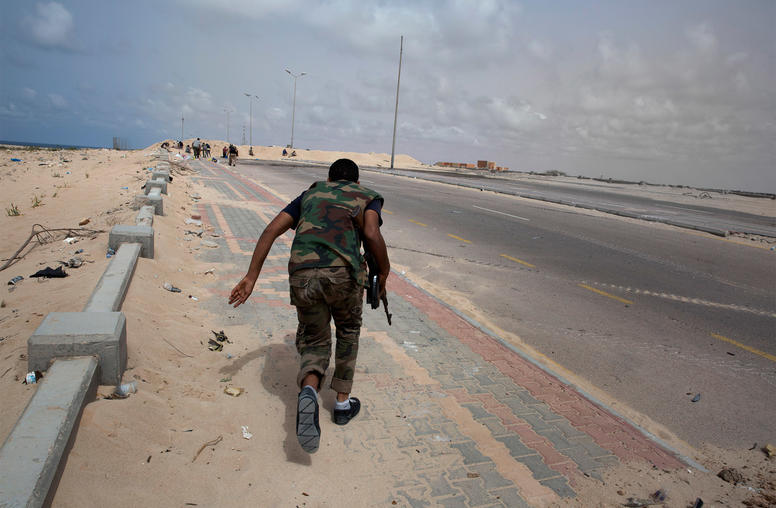
Four Things to Know About Libya’s Conflict and Foreign Interference
Libya’s post-2011 conflict has degenerated into a theater for regional and major power competition. The competing Libyan factions—the western-based, internationally recognized Government of National Accord (GNA) on one side and Khalifa Haftar’s forces and the Tobruk-based parliament on the other—each have significant foreign support that has only exacerbated the country’s existing conflict drivers. Despite repeated attempts by the international community to limit foreign interference, the major players only continue to deepen their involvement. What does this all mean for Libya’s political future and for its people? Here are four things you need to know.
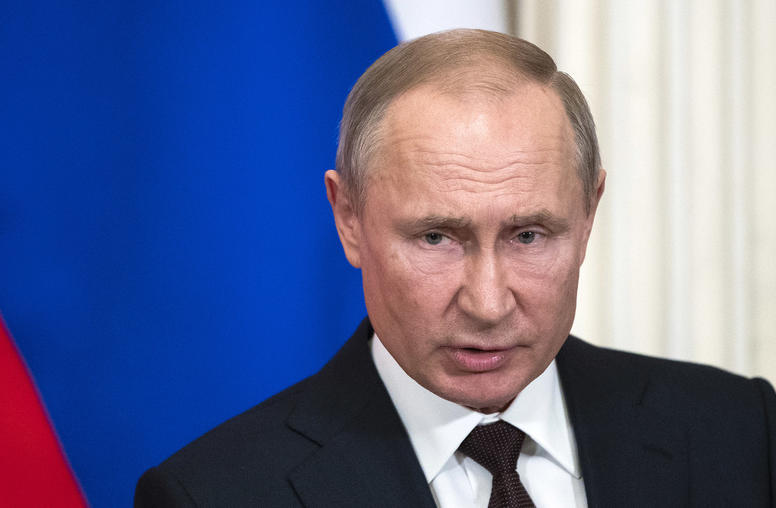
Understanding Russia’s Interest in Conflict Zones
Under Vladimir Putin, Russia’s global ambitions have steadily increased, including in unstable areas of the Middle East, Africa, and the Western Hemisphere. For the most part, Moscow’s activities in these and other areas run counter to Western interests and undermine efforts to mitigate conflict through broad-based, transparent processes. This report outlines the factors that appear to be motivating the Kremlin’s conflict-zone interventions and places them within the larger context of Russian foreign policy interests.
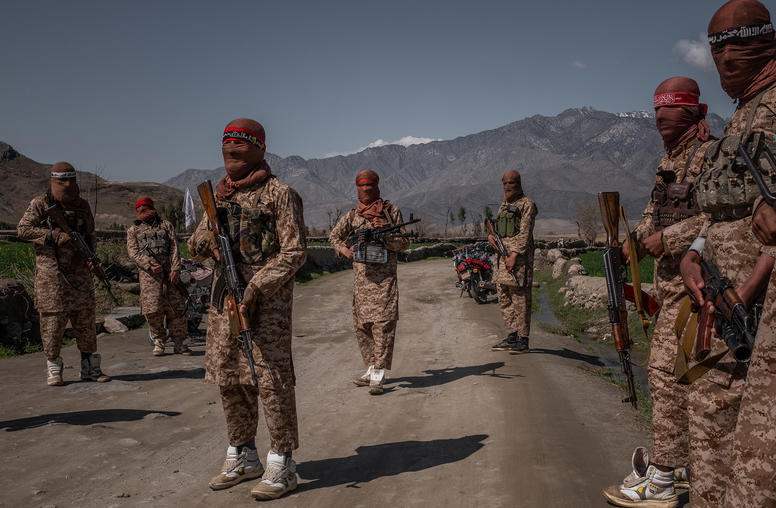
U.S., Russian interests overlap in Afghanistan. So, why offer bounties to the Taliban?
Recent intelligence reports indicating that Russian bounties paid to the Taliban to kill U.S. troops have bolstered American and Afghan officials long-held allegations that Moscow has been engaged in clandestine operations to undermine the U.S. mission in Afghanistan. Russia’s support for the Taliban, however, has largely been tactical in nature. Both Washington and Moscow ultimately have a converging strategic interest in a relatively stable Afghanistan without a long-term U.S. presence that will not be a haven for transnational terrorists. USIP’s Andrew Wilder looks at what this means for the decades-long Afghan conflict.
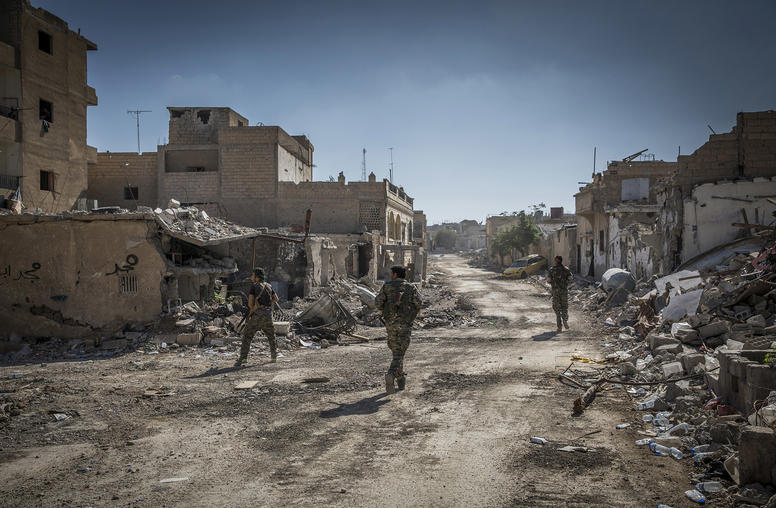
Putting the Global Fragility Act into Action Can Save Money and Lives
The U.S. government (USG) is preparing to unveil a new strategy over the coming months to tackle the underlying causes of fragility and conflict in vulnerable countries around the world. The strategy comes at an important time, just as the United States and other international donors seek to respond to rapidly increasing health, food, and other emergency needs as a result of the coronavirus outbreak. It will be critical that in line with the new strategy, this aid does not inadvertently stoke new tensions.

Thomas Hill on Libya’s New Stalemate
After a four-month offensive by the western U.N.-backed government, the Libyan conflict has fallen back into a stalemate. USIP’s Thomas Hill says the question now is whether the new stalemate “will lead to a political solution or is just another step in the road … until one side controls all of the oil wealth.”